ISPs, FCC Spar in Net Neutrality Oral Arguments
The arguments centered on whether broadband fits the definition of a telecom service, rather than the major questions doctrine.
Jake Neenan
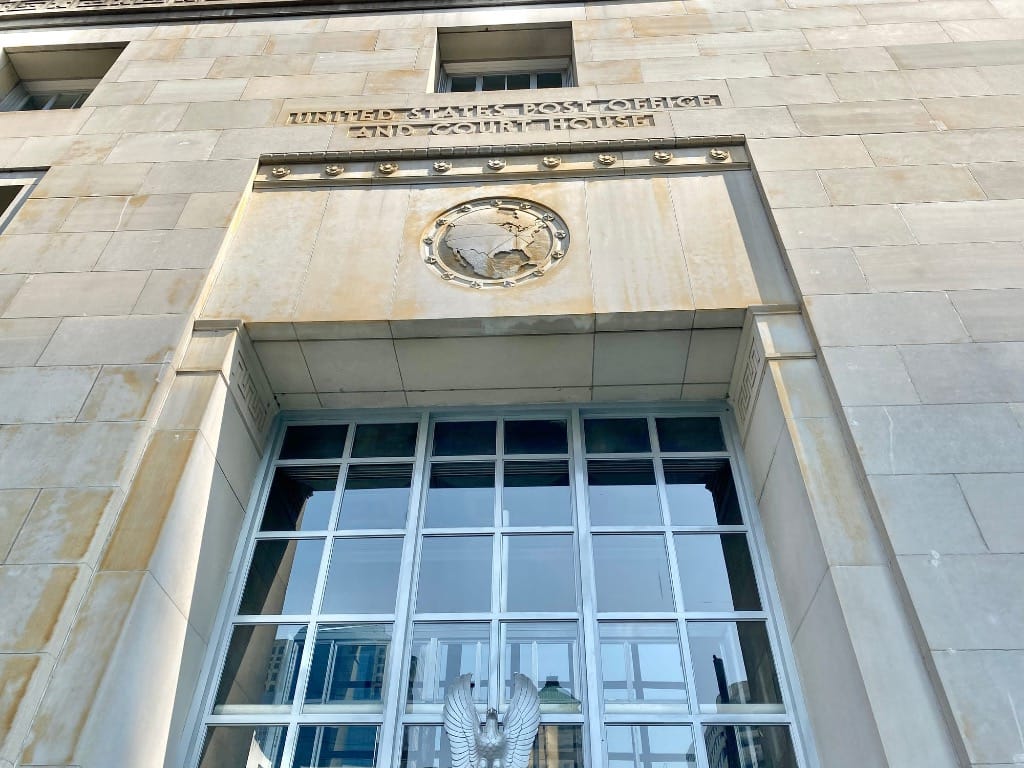
WASHINGTON, Oct. 31, 2024 – The Federal Communications Commission sparred with ISPs on whether broadband is a telecommunications service in oral arguments before the Sixth Circuit.
The court put FCC net neutrality rules on hold in August, citing the Supreme Court’s major questions doctrine. But a separate panel of judges Thursday were more eager to hear arguments on whether broadband falls in the definition of a telecom service under the Communications Act.
Title II telecom services under the law offer pure transmission of information, while information services, the regime currently governing broadband regulation, offer the capability to acquire, post, and interact with information. Net neutrality rules would reclassify ISPs as telecom providers and subject them to more FCC oversight – like recent agency efforts to look into data caps and update privacy rules – something the companies are trying to avoid.
The rules were first instated in 2015 under the Obama administration but reversed two years later by the Trump FCC.
The FCC
A telecom service “is what broadband providers offer, and that’s what they provide,” said Jacob Lewis, the FCC’s deputy general counsel. “You expect that when you type in the web address, your request is going to be taken without change to that website. And if you're requesting information from the website, that information will be transmitted back.”
To hear the agency tell it, the information services are provided by websites on the internet, with a broadband connection being a conduit.
Judge Raymond Kethledge was receptive to the idea that ISPs themselves aren’t doing the generating or processing of information, but said it still seemed to him that they still offer a capability to access those services on web pages.
“If ‘capability’ is read that broadly, it destroys the distinction between telecommunications and information service,” Lewis said. He argued that via a landline phone, a telecom service, “you can get your bank balance. You can change and modify hotel reservations. All of those are performed using a traditional telephone.”
“I get your point,” Kethledge said.
The ISPs
Jeffrey Wall, counsel for the industry groups challenging the rule, argued that content providers offering a capability to interact with information doesn’t preclude broadband providers from also offering that capability. Wall was a senior official in the Justice Department under the Trump administration.
He noted that there is a telecommunications component to broadband access, as information is being transmitted, but argued the ability to access and interact with information online was part and parcel of what ISPs are selling.
“Internet access is an information service because it offers this capability, and the content providers are also offering information services,” he said. “They’re both part of the offering because they both offer the capability.”
Wall reiterated the ISPs’ arguments on the major questions doctrine, a principle the Supreme Court recently expanded that holds agencies can’t act on questions of vast “economic and political significance” without an explicit greenlight from Congress. A separate Sixth Circuit panel wrote in pausing the FCC’s rule that reclassifying broadband as a telecom service was likely a major question, and that the industry groups were likely to succeed on those grounds.
“I think they recognized this is a major question if we’ve ever seen one,” he said.
In rebuttal, Wall pushed back on the agency’s contention that broadband providers shouldn’t be read as providing the capability to interact with information online.
“I still don’t know what the commission thinks the ordinary meaning of offering that capability is and why it wouldn’t cover internet access service,” he said.
And the intervenors
A set of consumer groups including Free Press and Public Knowledge are involved in the case as intervenors on the side of the FCC. Their lawyer argued that even if ISPs are information service providers, they should still be considered common carriers to the extent that they also offer telecom service.
“To accept what the petitioners are arguing this court and consumer would have to think that Verizon or AT&T aren’t offering a dumb pipe at all,” Daniel Woofter, the intervenors’ counsel, said.
He argued the information service definition was “agnostic” as to whose telecom line the service was being transmitted over, and it didn’t preclude an information service provider from also being a telecom provider.
“It’s food for thought,” Judge Kethledge said.


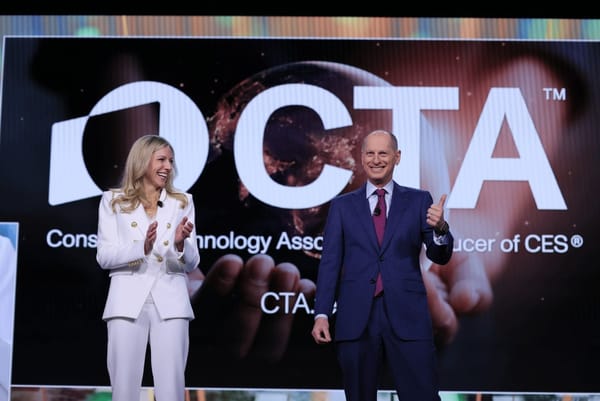
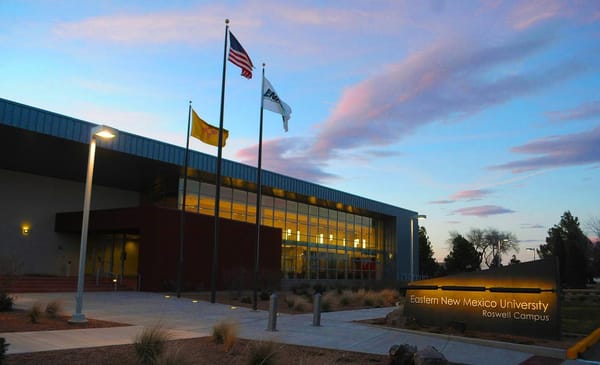
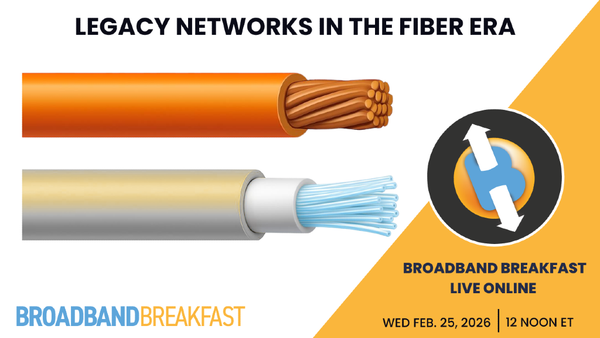
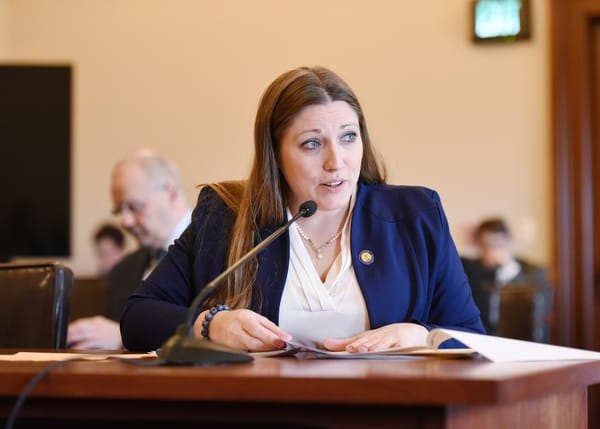
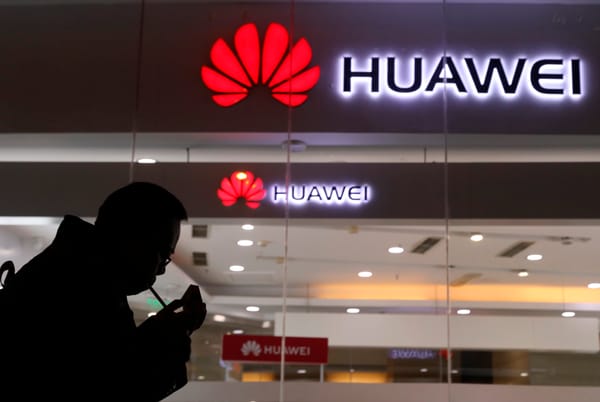


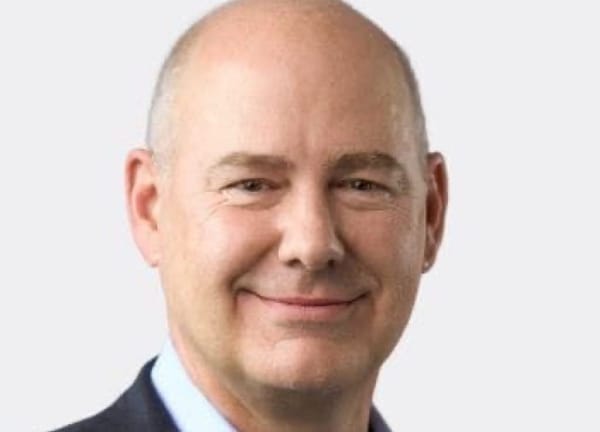
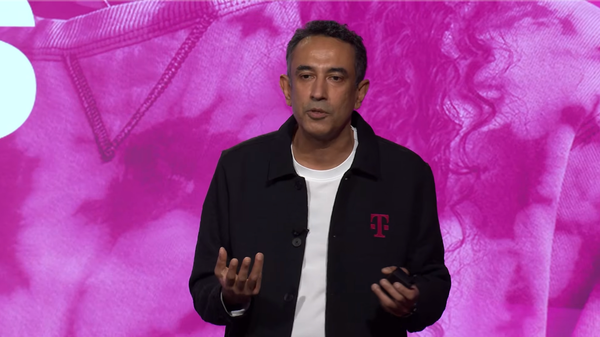
Member discussion